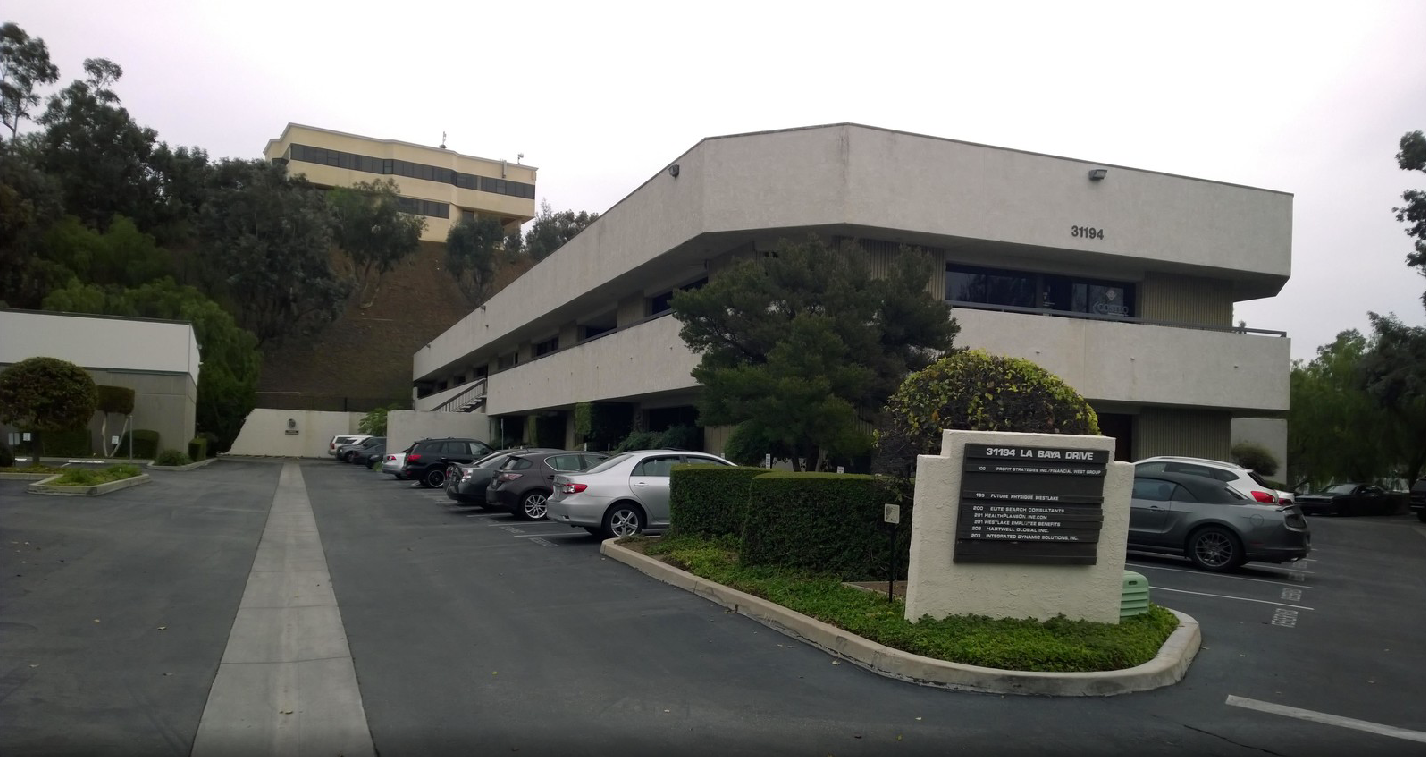Right now is a great time to sell commercial real estate in general, but especially in Southern California where my primary market is. Why? Sale prices are at all-time highs, there is very limited supply inventory (so not much on the market for sale), and all kinds of buyers are looking to buy what little amount there is available for sale –driving up prices with multiple bids usually.
So, why should a seller hire a broker and pay him a commission when a seller can do it on their own?
- Simply put, the seller will not be able to get the maximum price that a good broker can. Many brokers have clients waiting in the wings to buy a property and these clients will pay top dollar if they are allowed to make the offer first. Also, the price a broker is able to sell a property for more than pays for their commission.
- Sellers don’t have the same marketing ability as a broker. The world has become international and your reach has to be international. The dollars are flowing into the US from other countries right now and international buyers are willing to pay more many times. Brokers also know what is needed in terms of a marketing package to interest buyers. It’s complicated, expensive, and time consuming to put this package together properly.
- The timing of when to put the property up for sale is critical. When is the market peaking? Is there a lot of competition on the market for sale now? Good brokers will usually know what is for sale on the market as well as off market, but sellers won’t.
- The repairs that you need to make to the property before you put it on the market are also important. Some are worth making and some aren’t. A good broker usually knows what to recommend.
- What should the asking price of the property for sale be? What if there are no comparable prices for the sales price because the sales price is higher and the property won’t appraise for the sales price?
There are many other factors in selling a commercial real estate property; but, in my opinion, it starts first and foremost with the right broker. Doing it on your own is always a mistake. If you don’t hire the right broker or if you do it yourself, it will cost you. I have seen it many times.








